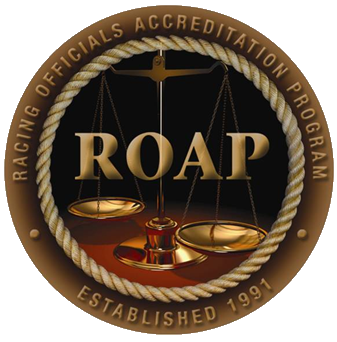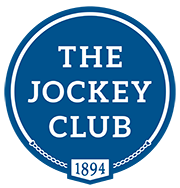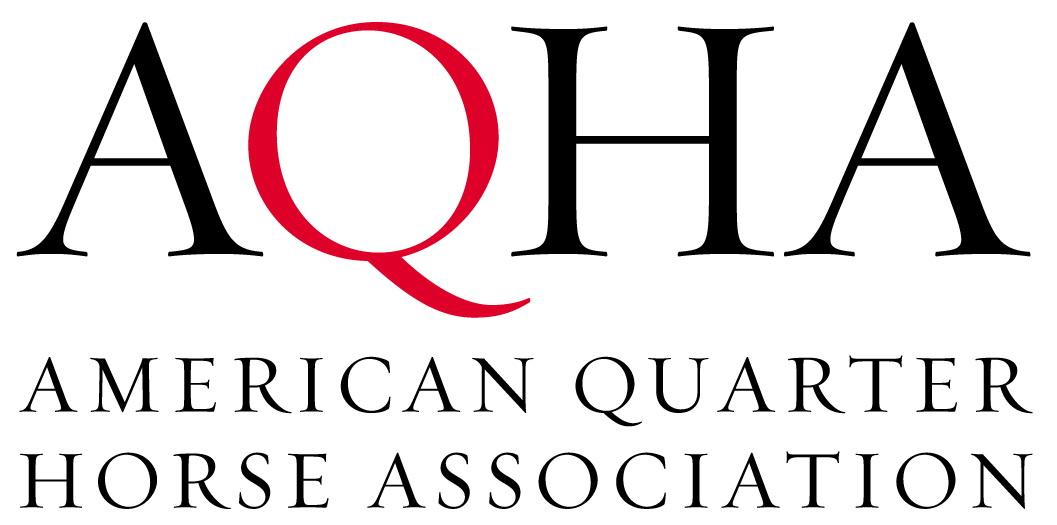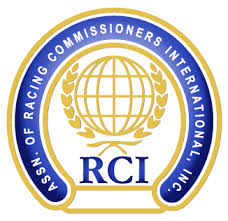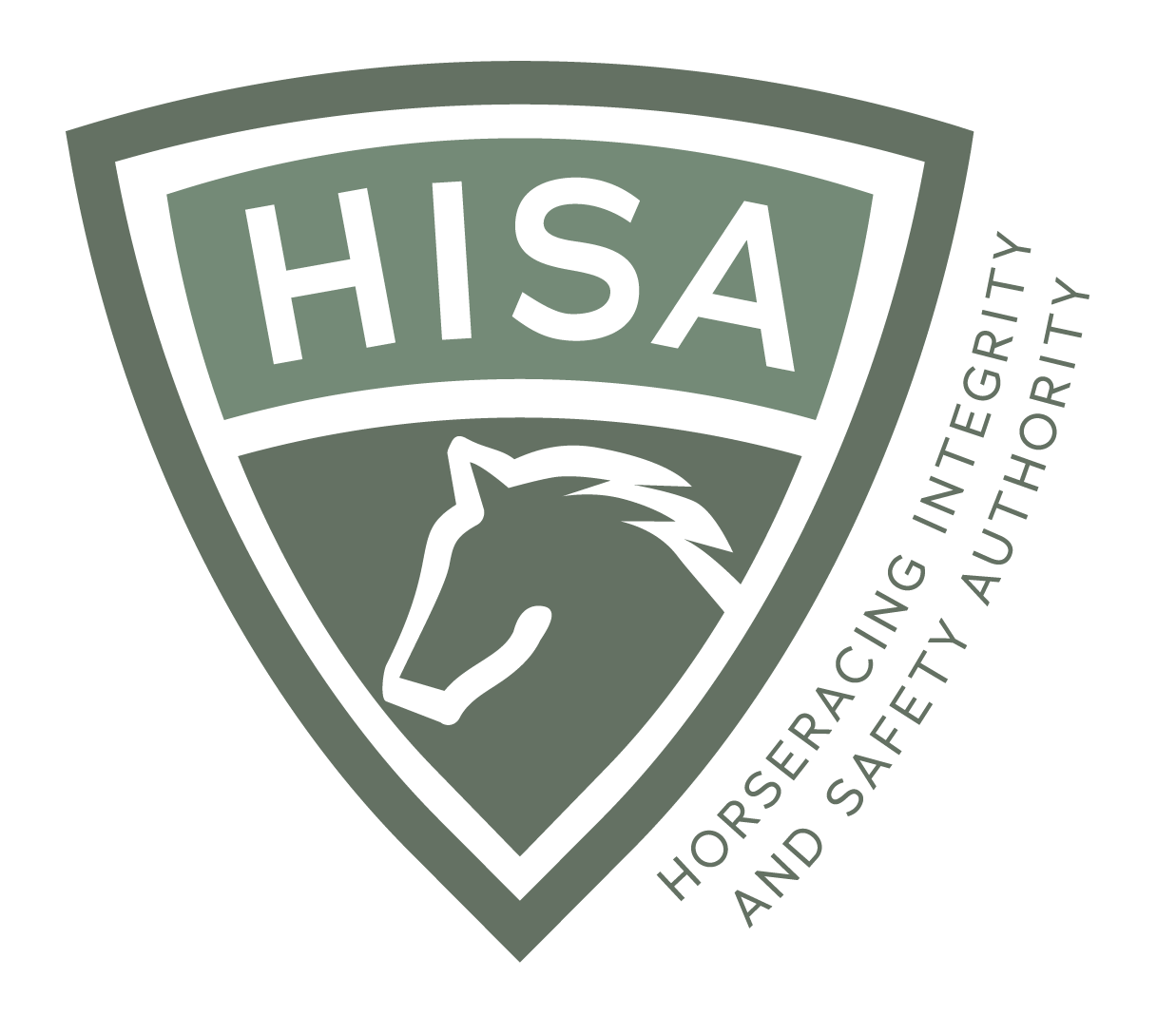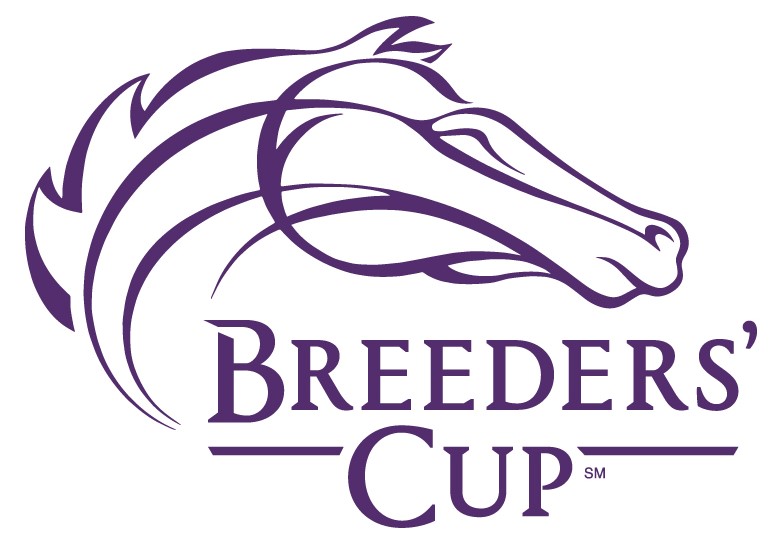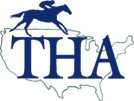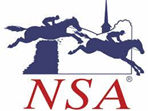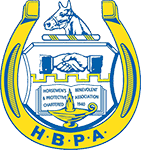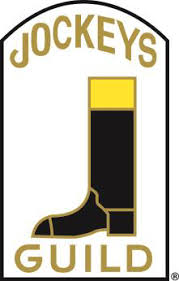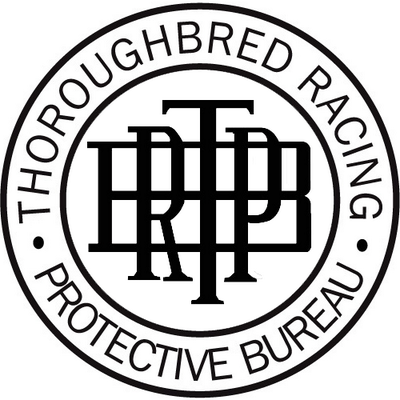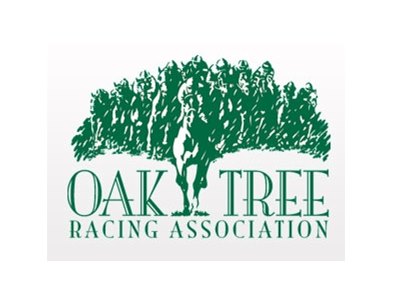In the late 1980s several racing industry leaders felt that some effort must be made to increase the professionalism of stewards through testing and periodic training. As a result, in 1987 and 1988, representatives of The Jockey Club, the Thoroughbred Racing Associations, the Association of Racing Commissioners International (RCI) and, the University of Louisville, along with four of the racing industry's senior stewards, met several times to outline policy guidelines and content of a Steward Certification or Accreditation program. The University of Louisville offered the first steward school in 1989.
At the same time, the American Quarter Horse Association (AQHA) and The University of Arizona were preparing to present their first jointly-sponsored racing officials program in Great Falls, Montana, in 1989. From the 1970's, the AQHA had been regulating non-pari-mutuel Quarter Horse racing and certifying racing officials to officiate them. As more states that hosted Quarter Horse racing passed pari-mutuel legislation and regulatory duties were taken over by racing commissions, the AQHA's role shifted from regulating the racing to supporting the education of Quarter Horse racing officials. The University of Arizona was brought in to assist in presenting the educational seminars.
In 1991, the programs presented by the two universities were integrated and placed under the umbrella of RCI. The Steward/Judge Accreditation Program became a national program, eliminating the duplicative efforts of the sponsoring organizations and universities and unifying the curriculum presented to all racing officials across the country. In 1995, the United States Trotting Association, after many years of training officials, also became a sponsor with the goal of accrediting all harness racing judges. Currently, the program is overseen by a committee representing all facets of the pari-mutuel industry and is known as the Racing Officials Accreditation Program (ROAP).
Over 900 people have participated in the programs conducted in the United States, Canada and Puerto Rico since 1989 with representation from Europe, Southeast Asia, the Caribbean and South America. Several states have statutes, or are considering statutes, that require their stewards to be accredited. Other states are inserting accreditation requirements into their job descriptions and more are advertising with accreditation as a job requirement. Many racing commissions and racetracks request lists of those accredited before hiring a steward or a judge.
